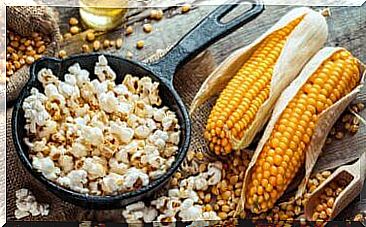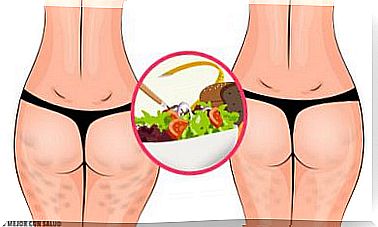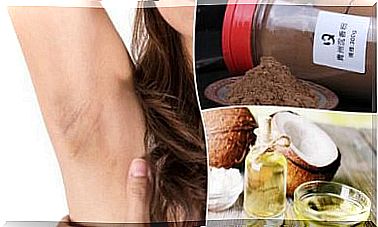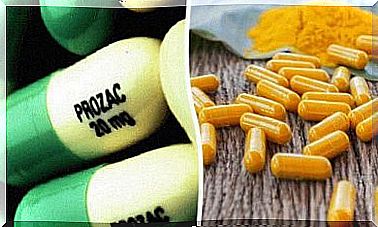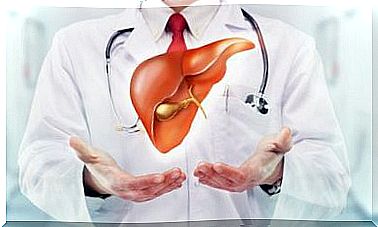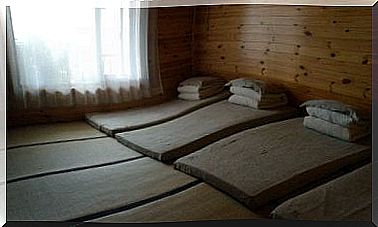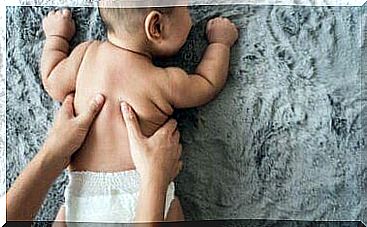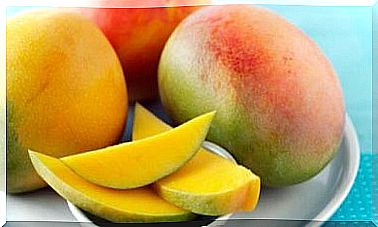Can Diet Improve HS?
If you suffer from hidradenitis suppurativa, it is advisable to follow an adequate diet. Here are some suggestions for improving your diet.
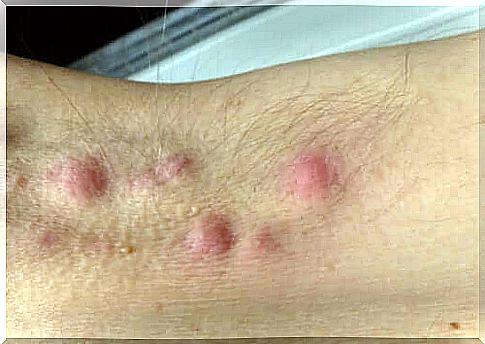
Healthy diets are the best allies for preventing and treating many diseases. It is therefore logical to consider a better diet in case of hidradenitis suppurativa (HS) or reverse acne.
The treatment of this skin condition is based on a therapeutic guide in which diet is part of general non-pharmacological measures, according to the Argentine Society of Dermatology. Although the studies are not entirely conclusive, omitting certain dairy, refined, sweet and fermented products may improve symptoms.
In addition, certain supplements such as vitamin D, zinc and turmeric would also be beneficial. Let’s take a closer look.
What is hidradenitis suppurativa?
Hidradenitis suppurativa is a chronic, recurrent and autoinflammatory disease of the skin that has a negative impact on the quality of life. The hair follicle becomes blocked and forms protuberances which ignite.
It is also called reverse acne because the skin lesion appears under the skin and more often in rubbing areas such as the armpits and groin.
Its global prevalence is 0.05 to 4%, and women between the ages of 20 and 40 are more likely to suffer from it. The causes of this condition are not known for sure. However, genetics, obesity, skin friction and smoking are among the risk factors.
How can diet help with HS?
Dr. Lawrence Gibson says that what you ingest can have an impact on hidradenitis suppurativa. A nutritious and balanced diet effectively helps control risk factors such as overweight and obesity.
There is not enough evidence on the effectiveness of a specific diet for HS. But patients and doctors alike know the importance of nutritional management in controlling this condition. So let’s see some of the recommendations as well as the scientific studies.
A dairy-free diet
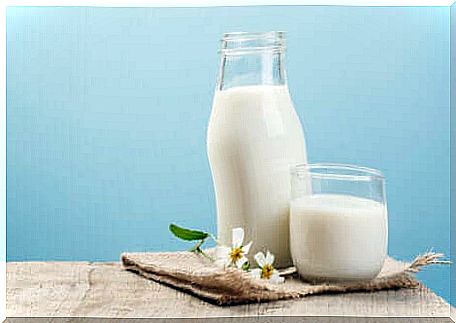
In the Journal of the American Academic of Dermatology magazine , a group of researchers points out that dairy products generally contribute to the development of acne and HS. By applying a dairy-free diet on 47 patients, they were able to improve 83% of cases and none worsened.
Dairy products contain casein, serum, and hormones called androgens , which clog the hair follicle. It was therefore concluded that a dairy-free diet can reduce new lesions and decrease the symptoms of HS.
It is recommended to exclude milk, fresh cheeses, ricotta, cottage cheese, mature cheeses, ice cream, yoghurts, sour cream, buttermilk and butter, among others.
Low glycemic index diet
A group of experts indicates that foods high in simple carbohydrates, such as soft drinks, sweets and ice cream, increase the sugar levels in the blood and therefore the secretion of insulin. From there, androgens are released, and the occurrence of hidradenitis suppurativa increases.
To lower the glycemic load of the diet, it is advisable to eliminate sugars, desserts, sugary drinks, sweets, syrups, corn syrups, chocolate bars and cereals at breakfast. It is also necessary to increase the consumption of fiber through vegetables, legumes and fruits.
Wheat and yeast free food
Wheat and yeast have been associated with an increased occurrence of symptoms of HS. Saccharomyces yeast is used in the production of beers, wines and CO2 gas for bread dough. Several studies have concluded that this yeast causes a reaction in the immune system, and produces intolerance.
A small study of 12 patients with HS, who were on a yeast-free diet for a year, found that the lesions disappeared and the quality of life was better.
But when the patients ingested wheat or beer again, the symptoms returned. However, the size of the sample as well as the lack of control do not allow the results to be generalized.
However, it is recommended to eliminate fermented alcoholic beverages, such as wine and beer. As well as breads, cakes, pizzas, soy sauces, dehydrated soups and foods that contain wheat and yeast.
Mediterranean diet for hidradenitis suppurativa
The magazine Nutrients presents the results of a study on 41 patients with HS who ate few foods typical of the Mediterranean diet. While another group of patients who consumed these foods did not suffer from the disease.
The Mediterranean diet includes vegetables, fresh fruits, whole grains, beans, extra virgin olive oil, fish and seafood. It is therefore low in refined and processed foods. Likewise, it has a low glycemic load and high fiber content.
A low calorie diet
In some research, it has been observed that many patients suffering from hidradenitis suppurativa are obese. There is a direct relationship between body mass index and the severity of the disease.
The Boer Doctor also reported that low calorie diets that promote weight loss reduce the occurrence of this disorder.
On the other hand, a retrospective study of obese patients undergoing bariatric surgery found that people who reduced their weight by 15% had a decrease in the severity of HS.
In addition, low calorie diets include foods high in fiber as they produce satiety. On the other hand, foods with a high glycemic index, such as sugars and refined products, are excluded.
Vegan diet
Several studies link good gastrointestinal function to healthy skin. This relationship is linked to the microorganisms that develop in the intestines (intestinal microbiota). People with the most diverse microbiota eat the most vegetables.
The North American Guidelines for the Clinical Management of HS published that in patients with HS with low plant intake, poor microbiota diversity is observed. In contrast, the control group without HS and following a diet rich in vegetables was distinguished by the presence of various microorganisms.
Moreover, although there are no studies to support these data, it seems that the exclusion of plants belonging to the Solanaceae family (potatoes, eggplant, tomato, pepper) could improve symptoms. As is the case with some autoimmune diseases.
What are the recommended dietary supplements to support the HS diet?
Although little progress has been made in clinical trials on the use of supplements in the treatment of HS, some specialists recommend them as adjunct therapy.
Zinc
Brocard and Dréno found that zinc gluconate, at a rate of 90 milligrams per day, acted as a restorer of innate immunity in 22 patients with advanced states of hidradenitis suppurativa.
Other professionals recommend it between 30 and 60 milligrams a day to improve the inflammatory process in acne.
Vitamin D

Indeed, vitamin D plays an important role in reducing inflammation. Its supplementation in case of HS is the subject of debate. A group of experts observed that in patients suffering from HS and vitamin D deficiency, supplements helped 63% of them to improve the disease.
In addition, it is best to use vitamin D through foods or supplements. And not through the rays of the sun which could worsen the clinical setting.
Turmeric
Some studies refer to the antioxidant, anti-inflammatory, and immune system regulatory capacity of turmeric. Its active substance, curcumin, modulates the components that produce inflammation, known as cytokines .
Therefore, turmeric could improve the inflammatory process in HS. Although there are no definitive conclusions on the dosage and formulation, its positive effect is recognized.
Diet indicated in case of hidradenitis suppurativa
If you have HS and are thinking about changing your diet, your best bet is to see a dermatologist promptly. This professional will tell you which diet is best for the phase of HS you are in.
It is also a good idea to consult a nutritionist to determine your nutritional status. As well as foods to favor in case of food intolerance. Finally, special preparations are possible to increase fiber and zinc.
